A traditional Sanskrit and Bengali song collection.
Indian devotional songs in Bengali / Bangla and Sanskrit
Last modified October 13, 2017
Sri Chinmoy sings a selection of soulful and devotional Sanskrit chants and Bengali songs. Sri Chinmoy offered this performance during a recital in 1966, shortly after his arrival in the West. (1964) The recording was made on Sunday 20 March 1966 at the Indian Cultural Centre, 50 Central Park West, New York, N. Y. 10023.
The songs were sung in Sanskrit and Bengali (Bangla) and they range from the Vedic era to modern times. The excerpts from the Indian scriptures were put to music by the singer himself, and some include an explanation of the spiritual or philosophical significance of each song.
A devotional song has a universal appeal. It appeals to the aspiring soul and elevates the consciousness. It appeals also to our hearts, minds and bodies. A devotional song expresses a universal spiritual emotion, a personal experience which rises like a flame towards God. – Sri Chinmoy
All songs are available for free download. Just click on each song on the playlist, where it says Download, and listen at your convenience. You can also listen online, of course.
1. Sanskrit invocation from the Rig Veda: “Agne naya supatha raye asman”
Agne naya supatha raye asman
Visvani deva vayunani vidvan,
yuyo-dhyas-majjuhu-rana-meno
bhuyistham te nama uktim vidhema (18)Agni! Lead us by the auspicious path to Prosperity;
Thou God who knowest all our deeds…(From the Rig Veda: 1.189.1)
“I wish to say a word about the Invocation I have just sung. The Vedas are the most ancient, the most inspiring and the most important of the Indian scriptures. The quintessence of the Vedic Truth is the concept of the Journey. This is the Journey of the Soul along the Path of Truth and Eternal Order. The Vedas overflow with love of life and energy for action; they invoke the Supreme with implicit faith for Guidance and Divine Inspiration.
The Vedas are four in number, each book containing several thousand hymns. The four Vedas are the Rig Veda, the Yajur Veda, the Sama Veda and the Atharva Veda. The hymn I have just sung is from the Rig Veda, from that part of it devoted to the adoration of Agni, the God of the Eternal Divine Fire. The “Prosperity” mentioned in the hymn is not merely earthly prosperity, but is an inner and all-fulfilling prosperity, a plenitude of both the Spirit and the outer life.”
Sri Chinmoy, AUM — Vol. 1, No. 8, March 27, 1966, Boro Park Printers — Brooklyn, N. Y, 1966.
This is also the last Mantra of Isha Upanisad.
2. Sanskrit chant from the Upanishads: “Asato ma sad gamaya”
Lead us from the Unreal to the Real,
Lead us from Darkness unto Light,
Lead us from Death to Immortality.(From the Brihadaranyaka Upanishad: 1.3.28)
“The Upanishads are intuitive revelations derived from the Vedas. The Upanishads have inspired all systems of Indian philosophy and even today guide the spiritual lives of millions of Truthseekers. God alone knows how many Upanishads once existed, but only 108 have been faithfully preserved. The Brihadaranyaka Upanishad contains one of India’s most significant and inspiring invocations to God. For centuries, the firmament of India has resounded with this beloved and immortal prayer.”
Sri Chinmoy, Eternity’s Breath, Sri Chinmoy Lighthouse, 1972
3. Bhagavad Gita song – “Tvamadi Deva Purusha Purana”
Tvamadi Deva Purusha Purana…
Thou art the ancient Soul,
The first and original Godhead,
And the Supreme resting place of all that lives;
Thou art the Knower and the Known;
the Highest Abode.
O infinite in form, by Thee the Universe was extended.
Thou art Vayu and Yama and Agni and Soma
and Varuna and Prajapati,
Father of creatures and the great-grandsire,
Salutation, Salutation to Thee,
A thousand times over and again,
And yet again, Salutation,
Again and again, Hail unto Thee.(From the Bhagavad Gita:XI.38-39)
“The Gita is the Song Celestial, sung by Lord Krishna himself. The Gita is the essence of all Indian scriptures. There are eighteen soul-illumining discourses in the Gita. In the eleventh one, Lord Krishna reveals to his beloved disciple, Arjuna, his Visva-Rupa, his Universal Form. On seeing this overpowering sight, this Divine Form, the surrendered disciple in Arjuna cries out: Tvamadi Deva Purusha Purana…”
Sri Chinmoy, Eternity’s Breath, Sri Chinmoy Lighthouse, 1972
4. “Varuna yama agni” – a song from the Bhagavad Gita
Varuna yama agni
Arjuna: You are Vayu, god of wind; Yama, god of death; Agni, god of fire; Varuna, god of water. You are the moon and the creator Prajapati, and the great-grandfather of all creatures. I bow before you and salute you again and again. You are behind me and in front of me; I bow to you on every side. Your power is immeasurable. You pervade everything; you are everything.
This a continuation of the previous shloka “Tvamadi Deva Purusha Purana…”, were Arjuna describes his vision of the Universal form of God, which was bestowed upon him by Krishna.
5. A Bangla song by Chandidas – “E ghora rajani meghera ghata”
The night is dark, the sky is filled with teeming clouds.
Friend, what can I say to you?
By virtue of many lives, Him I have won.– Chandidas
“Chandidas wrote this Bengali poem in the 16th century. He was a great Vaishnava poet, cherished by all in Bengal. In Vaishnavism, Sri Krishna is the sole object of love, devotion and worship. The Vaishnavites believe that unreserved dedication to Lord Krishna is the matchless ideal, the supreme way of life. Radha, Lord Krishna’s divine consort and disciple, is the very embodiment of that self-dedication. Having won Him by many lives of aspiration and devotion, she surrenders her very existence to serve Him.”
Sri Chinmoy, Eternity’s Breath, Sri Chinmoy Lighthouse, 1972
6. Rabindranath Tagore Bangla song – “Nivid ghana andhare jwalichhe”
NIBIRO GHONO ANDHARE JWALICHE DHRUBOTARA
In the tenebrous gloom shines the Pole-Star;
O my mind, in the immense expanse of night,
Lose not your Way.
Dead with depression and despair,
O my heart, cease not your singing.
Breaking asunder the prison of delusion,
Fulfil your life…– Rabindranath Tagore
“Rabindranath was a Golden Song sung by the Divine Singer in him. He was, indeed, the World-Song, the golden chain that bound East and West. He offered the world more than two thousand songs. He once said that when he was capable of singing, his own compositions were very few in number. But when he had become a prolific composer, his voice failed him and he was unable to sing most of his own songs. He made a prophetic utterance about his own songs: “With the march of time, everything changes. But the Bengalees will sing my songs epoch after epoch. They will sing my songs in the hour of their sorrow, grief, joy and delight. They will have no alternative.”
In the song I shall now sing, Tagore compares the Pole-Star, fixed and steady in the dark night, with the light of the mind and heart which illumines the unlit existence of human life: Nivid ghana andhare jwalichhe Dhruva tara
Rabindranath Tagore wrote:
To the birds You gave songs,
The birds gave You songs in return.
You gave me only a voice,
But You asked for more,
And I sing.”
Sri Chinmoy, Eternity’s Breath, Sri Chinmoy Lighthouse, 1972
7. Tagore – another Bengali song – “Amar hiyar lukiye”
Amar hiyar lukiye…
Lord, You have been hiding
In the inmost recesses of my heart.
I have not been able to see You.
To the world without, I have opened my eyes,
Not to the world within.
You were in all my loves and in all my pangs,
And in all my hopes;
You were beside me,
But I did not see You, I did not.-Rabindranath Tagore
This is another bengali / bangla song by Tagore, describing a similar feeling of separation from God and the pangs arriving therefrom.
8. Kaji Najrul – Bengali song “He Partha Sarathi”
He Partha Sarathi, bajao, bajao Panchajanya…
O Charioteer,
Blow, blow your conch;
Drive away this depression of the heart.
Make them fearless who are struck with fear.
String the bow and hit the target.
Singing the mantra of the Gita,
Sacrifice your life.
Make us forget the fear of death.
Death is not the end of life.
Through Eternity flows the eternal tide of life…– Kaji Najrul Islam
“The next is an inspirational song written by Kaji Najrul Islam in the early decades of this century. It tells of the famous battle of Kurukshetra in the Mahabharata, addressing Lord Krishna, the Charioteer, and invoking Him to infuse man with courage and strength.”
Sri Chinmoy, Eternity’s Breath, Sri Chinmoy Lighthouse, 1972
Kaji Nasrul Islam wery on very good terms and showered affection and even composed songs on each other. Apparently, Sri Chinmoy learned this song during his life in the Sri Aurobindo Ashram.
Kaji Najrul Islam said of Tagore: “He has done one injustice. The injustice is he has written everything.”
9. Sri Chinmoy’s Bengali song – “Jago amar swapan sathi”
Jago amar swapan sathi, jago amar praner pran…
Awake, O Comrade of my dream,
Awake, O Breath of my life,
Awake, my Boundless Heart spread over the universe,
Awake, O that Consciousness of mine,
Which ends not,
Even crossing the Beyond.
“I wrote the following song in India about fifteen years ago. It calls upon the soul to awaken and lead the entire being towards God-Realisation.”
Sri Chinmoy, Eternity’s Breath, Sri Chinmoy Lighthouse, 1972
This is an original composition of Sri Chinmoy, in his Bengali / Bangla mother tongue. He has, however, set a new melody to this song in more recent years.
10. Dilip Kumar Roy – Bande Mataram – Mother, I bow to Thee…
vande mātaram
sujalāṃ suphalāṃ
malayajaśītalām
śasya śyāmalāṃ
mātaram
vande mātaram…-excerpt Bankim Chandra Chatterjee, set to music by Dilip Kumar Roy
Mother, I bow to thee!
Rich with thy hurrying streams,
Bright with thy orchard gleams,
Cool with thy winds of delight,
Dark fields waving, Mother of might,
Mother free….– excerpt translation by Sri Aurobindo
“This was the original national anthem of India, and the source of profound inspiration in the long struggle for India’s independence. The lines of the song were written by Bankim Chandra Chatterjee, the greatest novelist of Bengal and one of her men of supreme genius. The song appears in one of his greatest novels, Ananda Math. No Indian will forget the role that this national song, Bande Mataram, played in the patriotic feeling of the Indian people. It served a Divine purpose in energising them in their long struggle for freedom. From the burning hearts of India’s patriots, its flames of incantation rose high into the sky. Many different tunes have been put to this song over the years. The present one was composed by a great musician of India, Dilip Kumar Roy.”
Sri Chinmoy, Eternity’s Breath, Sri Chinmoy Lighthouse, 1972
11. Sourindra Mohan Mukherjee – Phire Chalo
Phire Chalo, apana Ghare …
Let us return Home, let us go back,
Useless is this reckoning of seeking and getting,
Delight permeates all of today.
From the blue ocean of death
Life is flowing like nectar.
In life there is death; in death there is life.
So where is fear, where is fear?
The birds in the sky are singing “No death, no death!”
Day and night the tide of Immortality
Is descending here on earth.
“Now we come to the last song, Phire Chalo. By singing this song, a great singer of India, K. C. Dey, became immortal overnight. God had denied him sight; he was stone blind. But God sang through him in such soul-stirring grandeur as he performed this song for the famous film “Chandidasa” that his name became immortal in India.
In this song, Home is beckoning us. According to the Vedas, Home is Heaven on Earth, for it is by abiding in the soul here on earth that we achieve spiritual Bliss. In the Rig Veda, the seers sing: Madhumat Punarayanam which means “Sweet be my return [home].”
Sri Chinmoy, Eternity’s Breath, Sri Chinmoy Lighthouse, 1972
Related
- There are many more Bengali / Bangla songs here on Radio Sri Chinmoy,
- as well as videos of Bengali songs being sung by Sri Chinmoy

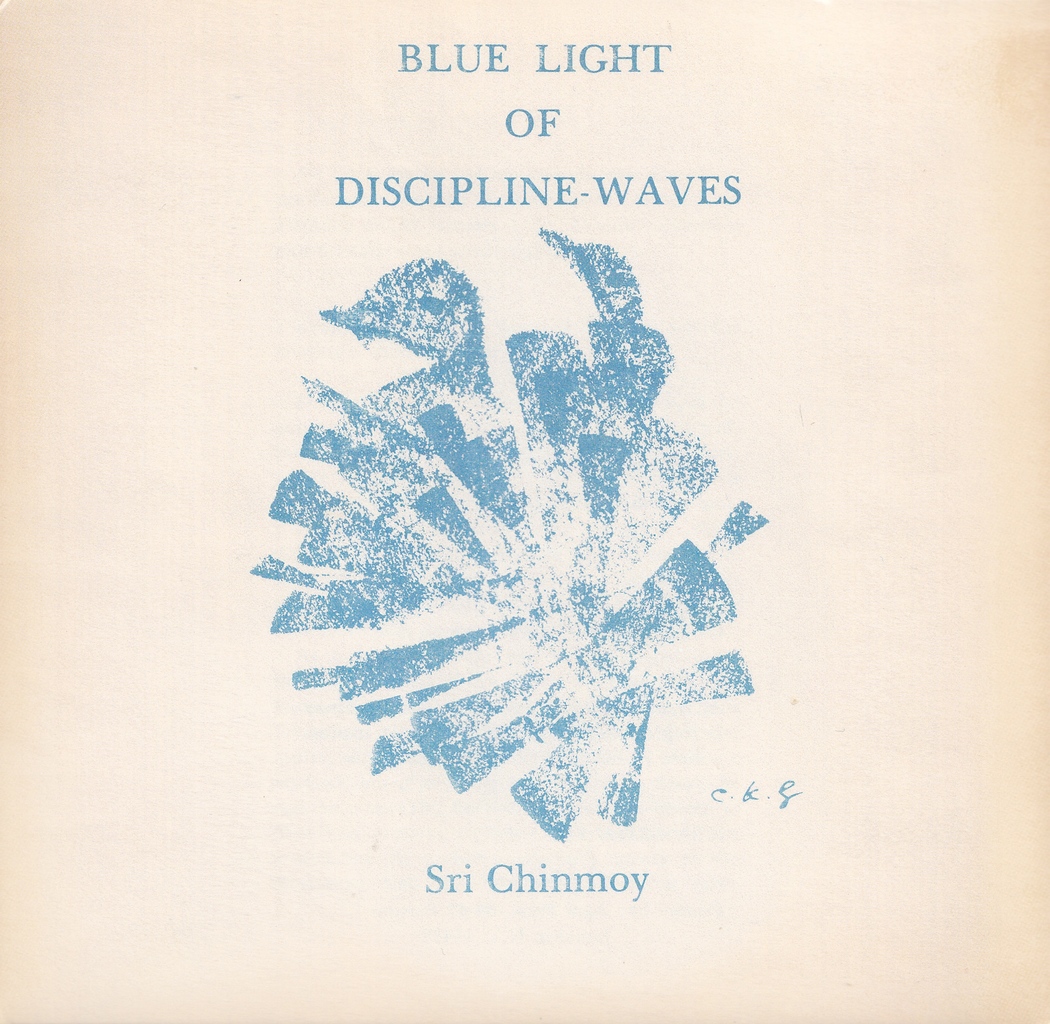
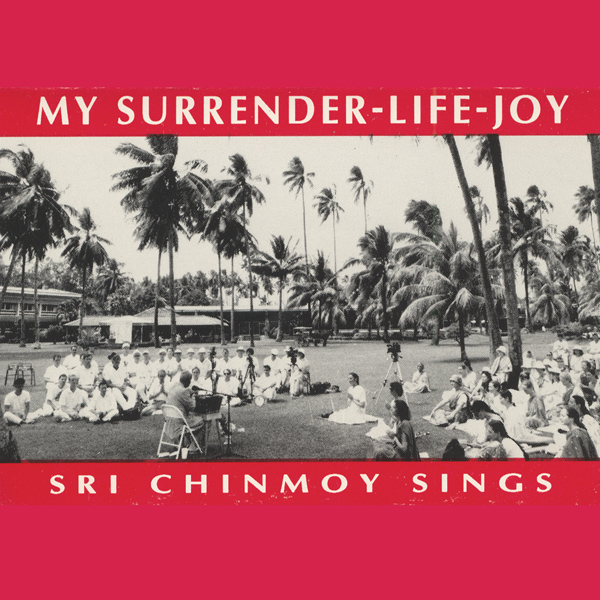
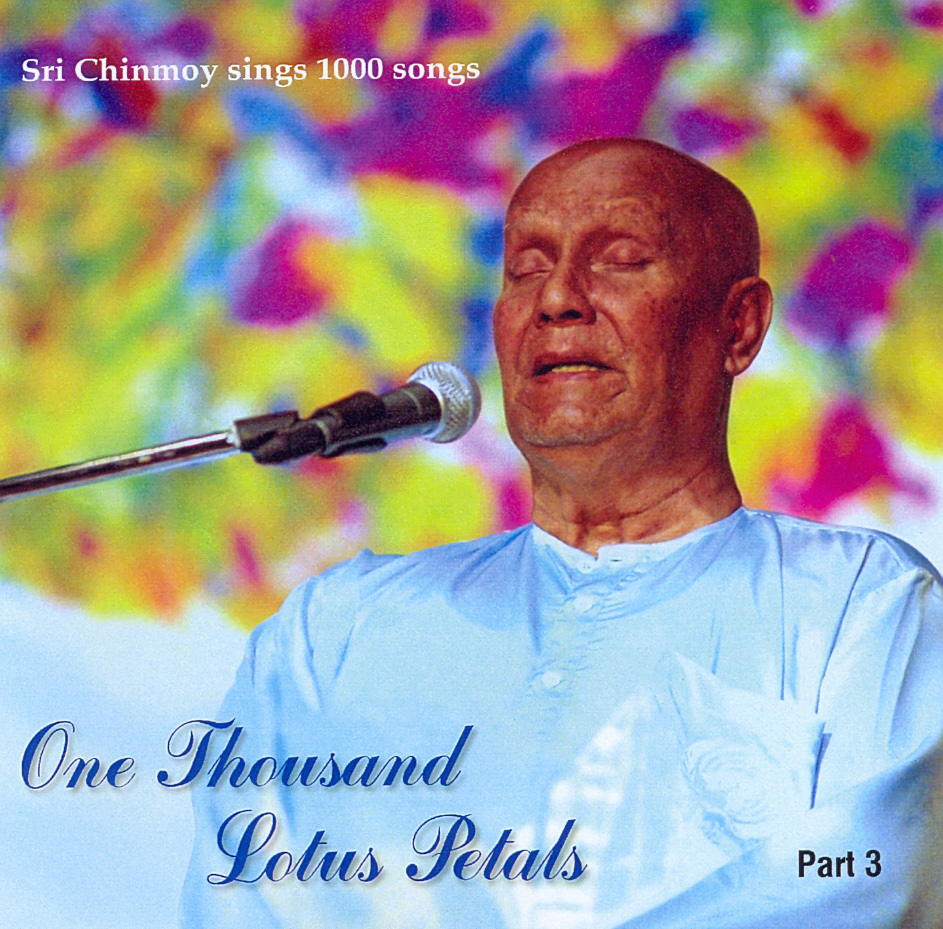
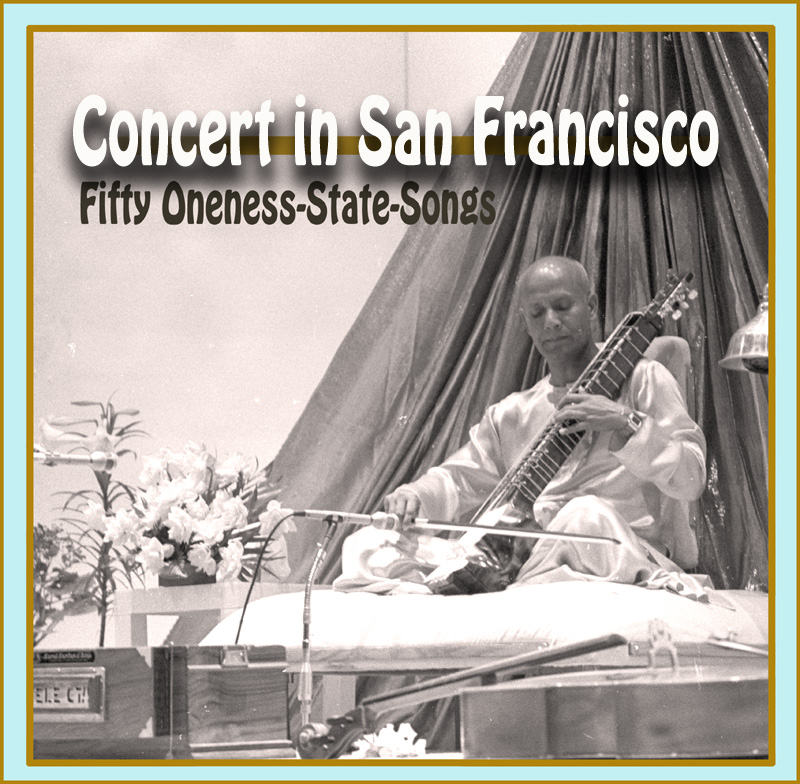
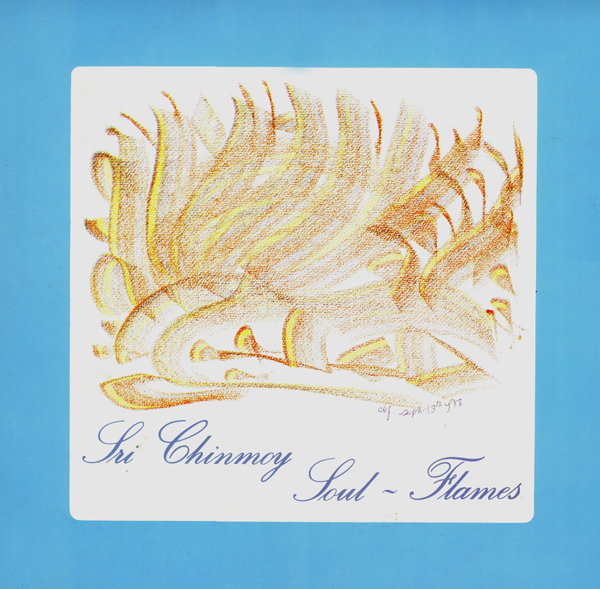
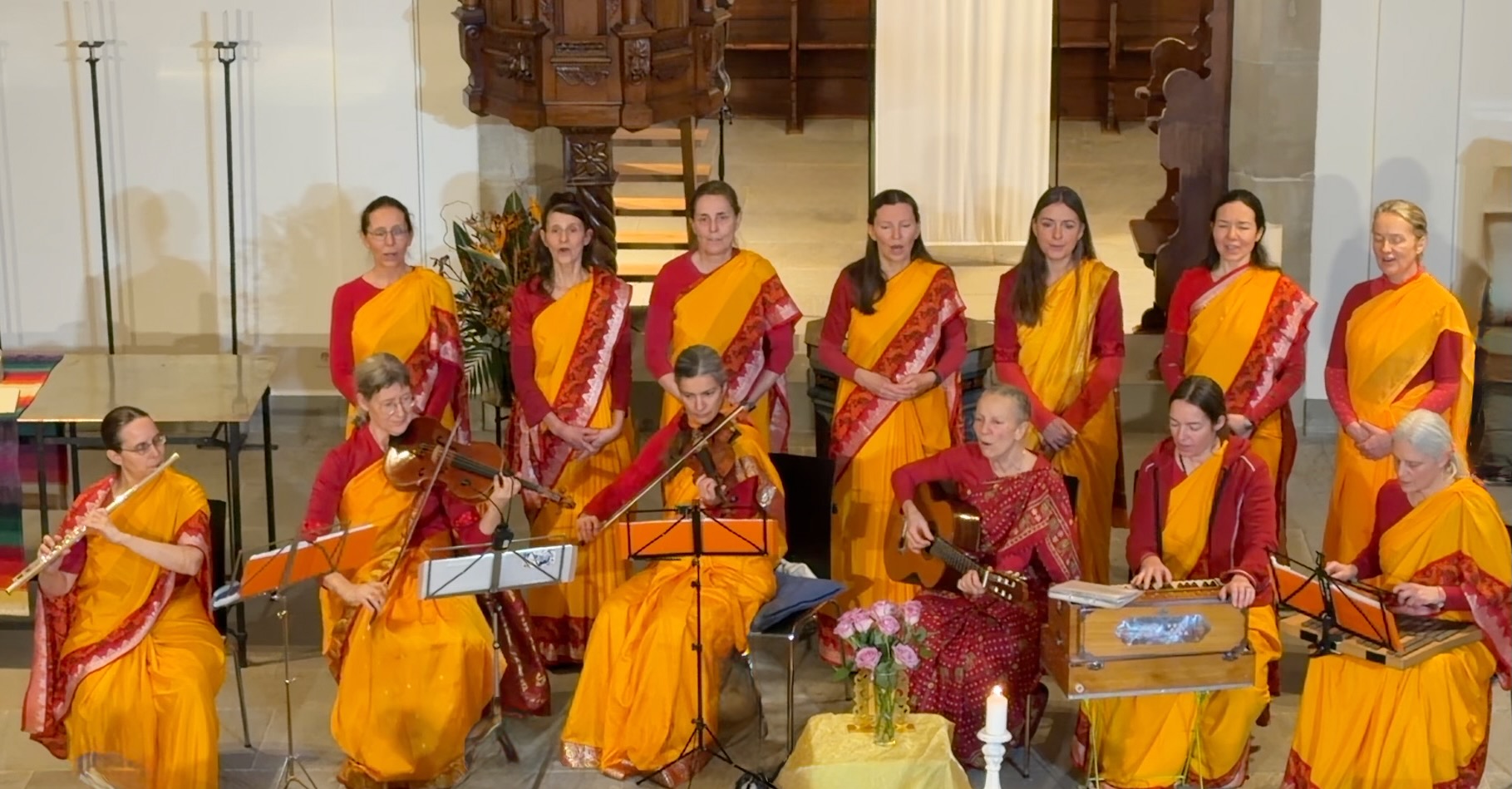
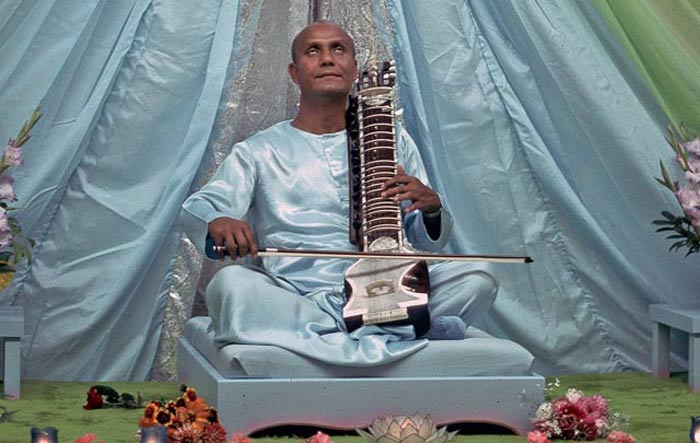
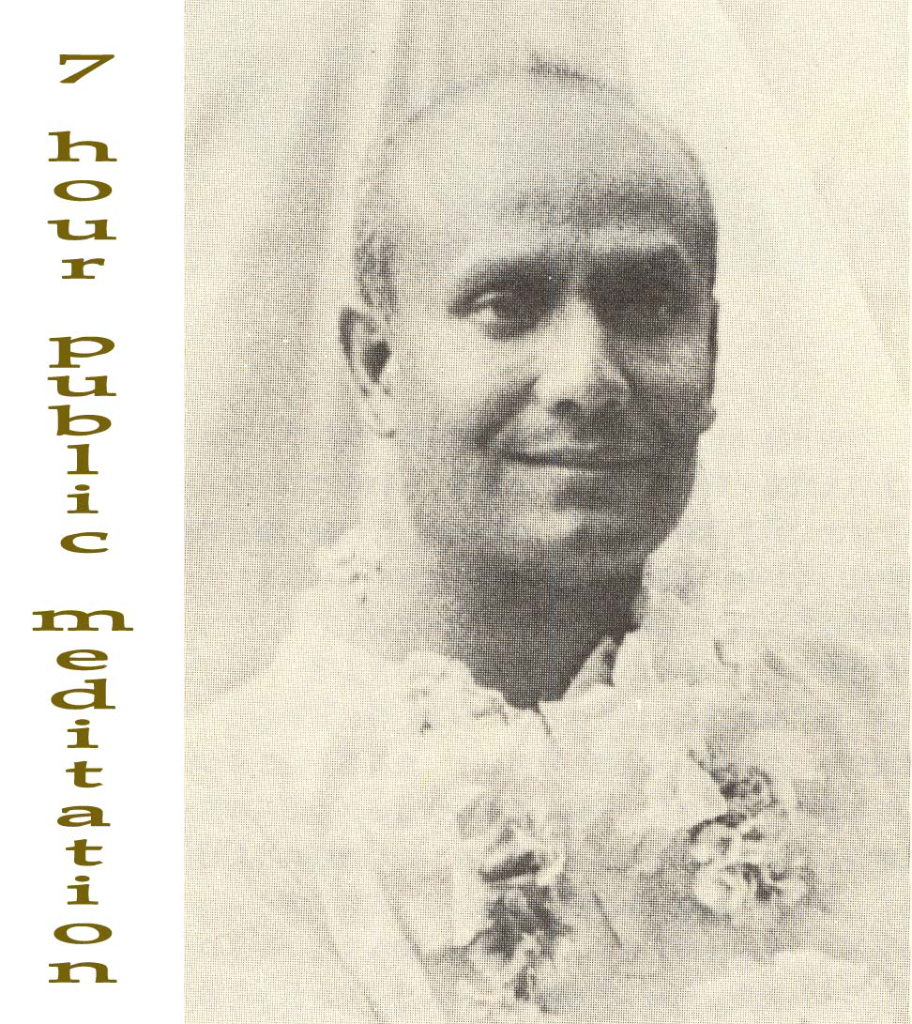
All songs are excellent
nice